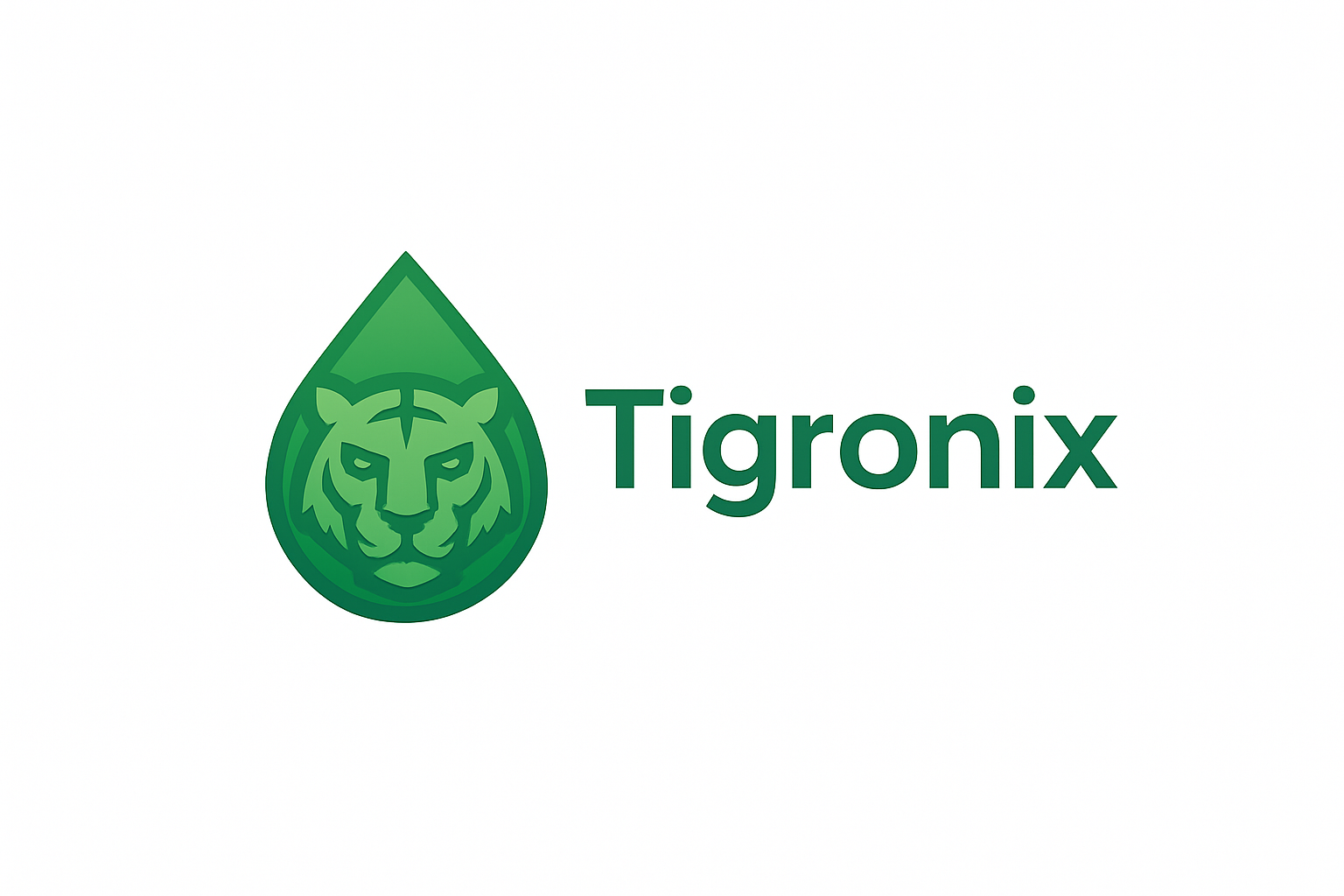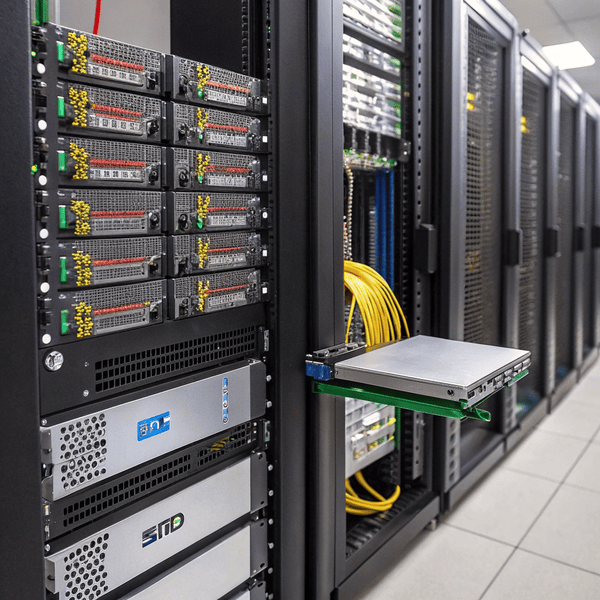A slow server can crash your workflow. I know how frustrating it is when the hardware doesn’t keep up. Picking the right SSD for your server can solve this problem fast.
The best SSDs for servers are enterprise-grade models rated for The best SSDs for servers are enterprise-grade models[^1] rated for endurance and reliability, like HPE, Samsung PM, Intel DC, or Micron enterprise SSDs. Match your SSD to your server’s workload and controller.
[^1]: Explore this link to discover top-rated enterprise-grade SSDs that ensure reliability and performance for your server.
, like HPE, Samsung PM, Intel DC, or Micron enterprise SSDs. Match your SSD to your server’s workload and controller.
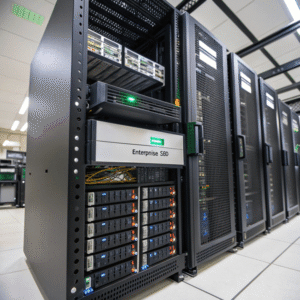
You might wonder if SSDs are really used in servers. Or which exact SSD you should trust for your business. If you want straight answers in plain language, keep reading—I’ll share what matters most, whether you run small business servers or manage corporate data centers.
Which SSD is best for servers?
You want no downtime and fast data, but many SSDs are on the market—it’s hard to choose the best one.
The best SSDs for servers are enterprise SSDs with high endurance, The best SSDs for servers are enterprise SSDs[^1] with high endurance, power-loss protection, and tested firmware. Choose models from HPE, Samsung PM, Intel DC, or Micron Enterprise lines.
[^1]: Explore this link to discover top-rated enterprise SSDs that offer high endurance and reliability for server applications.
, and tested firmware. Choose models from HPE, Samsung PM, Intel DC, or Micron Enterprise lines.
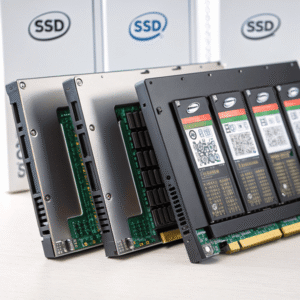
Let’s look deeper. Consumer SSDs can’t handle continuous reads and writes—servers need better. Enterprise SSDs give you strong warranties, hardware to protect your data if power fails, and firmware made for complex workloads. For databases or virtualization, NVMe SSDs deliver top speed and lowest latency. For general storage or older servers, enterprise SATA SSDs often fit best.
Here’s a table to help you choose:
| Brand | Best Model Series | Workload Focus | Key Feature |
|---|---|---|---|
| HPE | MI/WI NVMe/SATA | Mixed or write-intensive | Power-loss protection |
| Samsung | PM9A3/PM983 | High read/DB, virtualization | High TBW & reliability |
| Intel | DC P4610/P4510 | Data center, VMs | Steady latency |
| Micron | 9300 MAX | Heavy database | High endurance & speed |
Match your workload with the SSD type. This brings you smooth, reliable performance—no more slow restarts or data loss scares.
Are SSDs used in servers?
I hear this a lot: “Aren’t servers still running on hard drives? Do SSDs really show up in data centers?”
Yes, SSDs are widely used in servers. Many modern servers run on SSDs for fast boot, databases, and application storage—especially for Yes, SSDs[^1] are widely used in servers. Many modern servers run on SSDs[^1] for fast boot, databases, and application storage—especially for high-speed, high-transaction workloads.
[^1]: Explore this link to understand how SSDs enhance server performance and reliability.
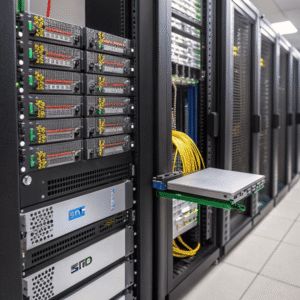
Let’s break it down. Five years ago, HDDs were standard for cost and big storage. That’s changing. SSDs take over roles like OS drives, VM storage, web hosts, and SQL databases because they shave off seconds and make systems feel instant. For mass storage or backups, hard drives still have a place—SSDs drop in price every year but HDDs still win on dollars per terabyte.
Data centers use hybrid solutions: SSDs do the heavy work; HDDs are for archives. In my experience, adding SSDs for caching or databases gave near-instant load times and solved the “server freeze” problem that used to show up every month.
Here’s a simple use-case breakdown:
| Task | Preferred Drive | Why |
|---|---|---|
| Boot/OS | SSD | Fast start, low latency |
| Database/VM/Email | SSD | Quick reads and writes |
| Backup/Archive | HDD | Cost-effective, large size |
| Media streaming | SSD (cache) | Smooth delivery |
SSD use in servers keeps going up, because the speed and reliability boost are impossible to ignore.
What is the best SSD for enterprise?
So, which enterprise SSD stands out for long-term reliability and value? It’s the question every IT manager faces.
The best enterprise SSDs are certified models from top brands like The best enterprise SSDs[^1] are certified models from top brands like HPE, Samsung PM, Intel DC, or Micron 9300, matched to your needs for endurance, warranty, and supported firmware.
[^1]: Explore this link to discover top-rated enterprise SSDs that meet your performance and reliability needs.
, matched to your needs for endurance, warranty, and supported firmware.

To dive deeper, let’s compare their strengths. Enterprise SSDs have more durable flash chips, built-in redundancy for errors, and controls that smoothly handle constant load. Look for “write intensive” (WI) or “mixed-use” (MI) drives if you run lots of VMs or databases—these models give higher total bytes written before failure (TBW). HPE-certified SSDs for HPE servers keep your warranty safe and firmware fully compatible. I once upgraded a client’s virtual platform with Samsung enterprise SSDs and saw downtime vanish and user complaints drop.
Here’s a compact buyer’s guide:
| Brand & Model | Application | TBW Endurance | Warranty |
|---|---|---|---|
| HPE MI/WI NVMe | Mixed & Write-heavy | Up to 35 PBW | 5 years |
| Samsung PM9A3/983 | Read-heavy & DB | Up to 10 PBW | 5 years |
| Intel DC P4610 | Virtual machines | Up to 17 PBW | 5 years |
| Micron 9300 MAX | DB/Big data | Up to 35 PBW | 5 years |
Always check compatibility, firmware, and your workload’s write patterns before you decide. I trust enterprise SSDs for business-grade storage, and the results have always paid off in stability and fewer emergencies.
Conclusion
If your server needs high speed and unbeatable reliability, choose the right enterprise SSD. Matches for your server, workload, and support will make every day smoother and more productive.
